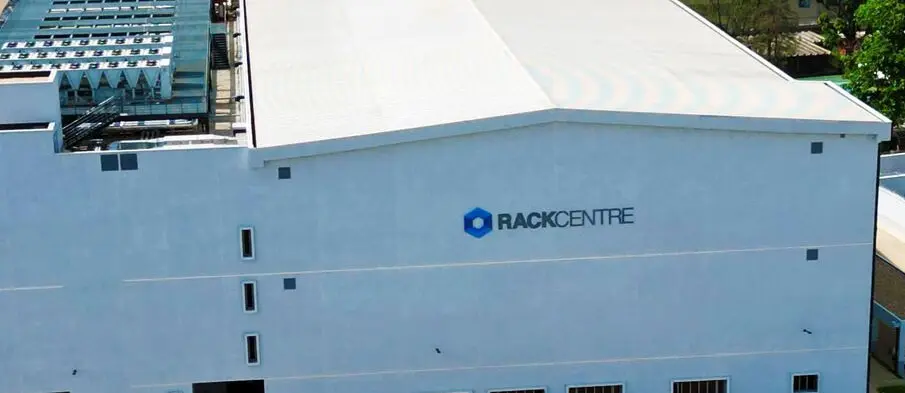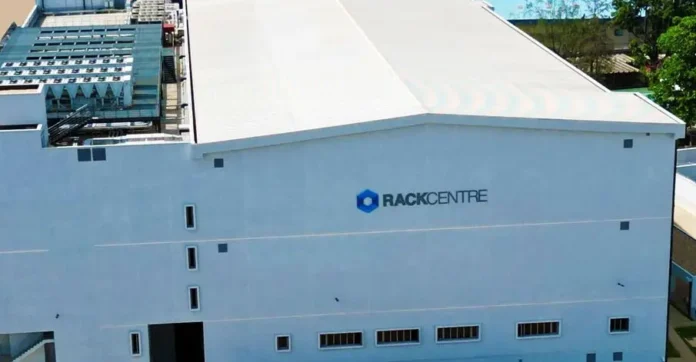
Nigeria is fast emerging as a major technology powerhouse in Africa, drawing nearly $1 billion in investments into advanced data centers as it seeks to fuel an AI-led digital transformation. The surge is being driven by the country’s young, tech-savvy population and an ambitious push to expand digital literacy to 70% by 2027, reinforcing its position as one of the continent’s most dynamic innovation hubs.
Global and regional players — including Equinix Inc., Microsoft Corp., MTN Nigeria Communications Plc, Rack Centre, Airtel Nigeria, and Open Access Data Centres — are establishing next-generation facilities designed to handle complex computing workloads and meet the demands of Nigeria’s growing online economy.
“Over the next decade, I expect AI workloads to drive not just capacity expansion, but infrastructure diversification,” said Wole Abu, Managing Director for Equinix West Africa, which is investing $140 million to grow its Nigerian operations. “As Nigeria works toward its ambitious 70% digital literacy target by 2027, you’ll see exponentially more users generating data and requiring AI-enhanced services.”
With a population of nearly 240 million and a median age of 18, Nigeria’s digital consumption — spanning gaming, video streaming, mobile internet, and remote work — is fueling unprecedented data generation. The shift from on-premises infrastructure to cloud and hybrid systems has accelerated demand for robust, scalable data centers closer to end-users.
“This momentum signals a deeper economic shift,” said Abideen Yusuf, General Manager for Microsoft Nigeria and Ghana. “Powered by a youthful population, expanding internet access, and a vibrant entrepreneurial ecosystem, Nigeria is emerging as a digital leader in Africa.”
Industry leaders believe the country’s focus on building inclusive AI — developing models in local languages and addressing regional challenges — sets it apart. “This isn’t about deploying Western AI solutions, it’s about creating African AI capabilities,” Abu noted.
Projects like the Itana Digital Zone in Lagos, modeled after Dubai Internet City, are helping create a full-stack ecosystem for AI and data startups by offering tax incentives and digital-friendly governance. However, challenges persist — particularly power instability, which has prompted operators to adopt renewable and gas-based energy solutions for reliability.
Despite these hurdles, Nigeria’s cloud computing market, expanding at a 26% CAGR, is projected to grow from $1.03 billion in 2025 to $3.28 billion by 2030, signaling immense potential. With policy support and infrastructure resilience, Nigeria is poised to anchor Africa’s next phase of digital and AI-driven growth.





